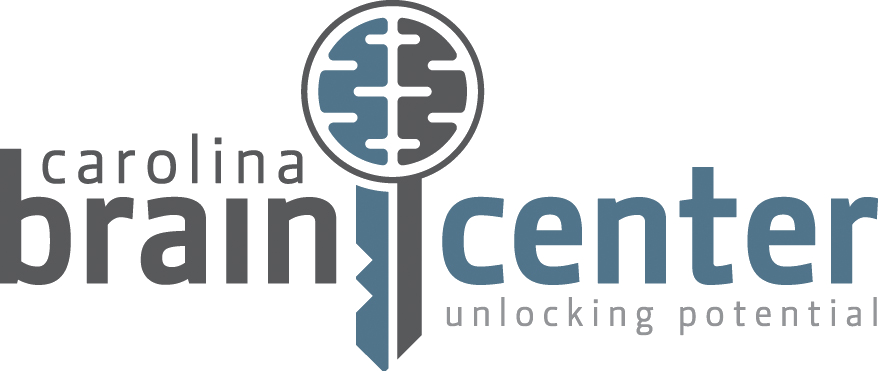Migraines are more than just severe headaches; they can be incredibly debilitating, affecting one’s quality of life and productivity. Individuals who suffer from chronic migraines depend on their migraine treatments to help them get through the day. If you’re still searching for a migraine treatment option that works for you, functional neurology might just be the key.
Functional neurology operates on the principle that the brain and nervous system’s functionality significantly impacts an individual’s overall health. It is a holistic approach to health that focuses on identifying and addressing neurological dysfunctions by assessing how the brain and nervous system communicate and function together.
Here at Carolina Brain Center we believe that understanding the underlying neurological factors behind a patient’s migraine is crucial for both managing and preventing their occurrence. That’s why we’re proud to offer a range of Carolina functional neurology services. Schedule an appointment with us today to learn more!
The Neuroscience of Migraines
Migraines involve complex neurological processes. They result from a combination of alterations in blood flow, neurotransmitter imbalances, and changes in brain activity. Factors such as genetics, hormonal fluctuations, environmental triggers, and stress can all contribute to the onset and frequency of migraines.
Functional neurology aims to delve deeper into these factors. Through comprehensive neurological examinations, including assessments of eye movements, balance, coordination, and cognitive functions, practitioners aim to identify irregularities or dysfunctions in the nervous system. These assessments help form personalized treatment plans to address the root causes triggering migraines.

Approaches to Migraine Treatment in Functional Neurology
Functional neurology doesn’t rely solely on medications or invasive procedures. Instead, it emphasizes a holistic approach that may include various non-invasive techniques and lifestyle modifications to support neurological health and reduce migraine occurrences.
1. Neurological Rehabilitation
Functional neurology employs neurological rehabilitation exercises tailored to the individual’s specific needs. These exercises aim to improve brain function and connectivity. For instance, eye movement exercises or vestibular rehabilitation can help address sensory integration issues, potentially reducing migraine triggers associated with these dysfunctions.
2. Nutritional and Lifestyle Modifications
Dietary adjustments and lifestyle modifications also play a pivotal role. Identifying trigger foods and making dietary changes can significantly impact migraine frequency and severity. Additionally, stress management techniques, adequate sleep patterns, and regular exercise contribute to overall neurological health and may reduce migraine occurrences.
Try Functional Therapy Migraine Treatment Today!
One of the key strengths of functional neurology in managing migraines lies in personalized treatment plans. Rather than adopting a one-size-fits-all approach, practitioners tailor interventions based on the individual’s specific neurological profile. By identifying and addressing unique neurological dysfunctions, functional neurology offers a more targeted, effective, and patient-centered approach to migraine treatment.
This holistic and personalized form of care is a veritable beacon of hope for migraine sufferers seeking alternative or adjunctive therapies beyond conventional treatments. For that reason, Carolina Brain Center is proud to offer a variety of Carolina functional therapy options. Don’t let chronic migraine negatively impact your quality of life; visit Carolina Brain Center to get the help you need!

